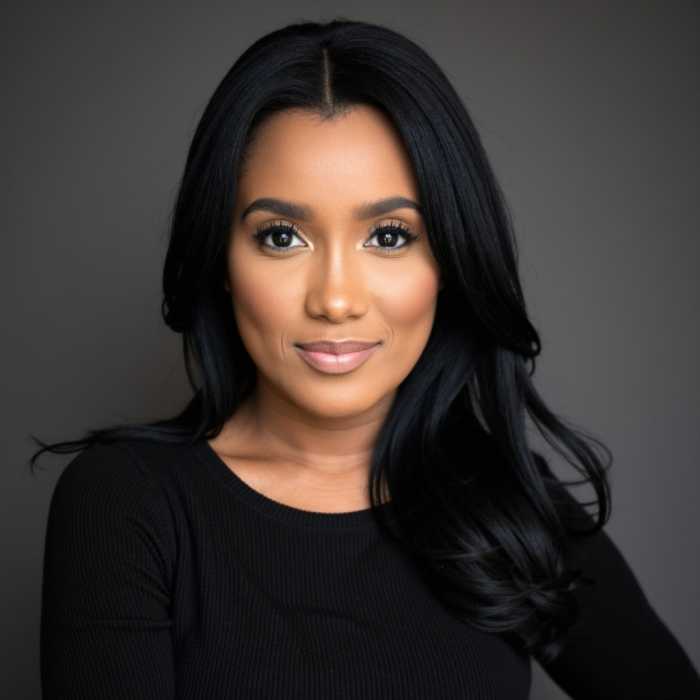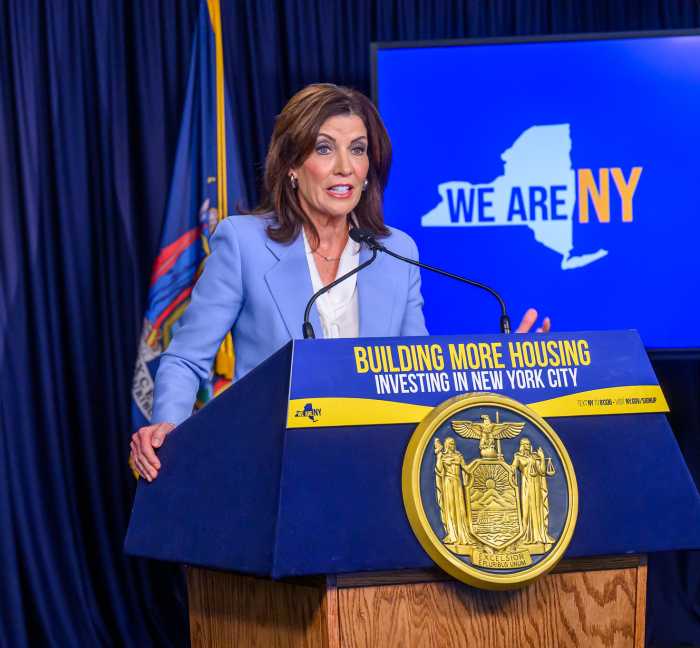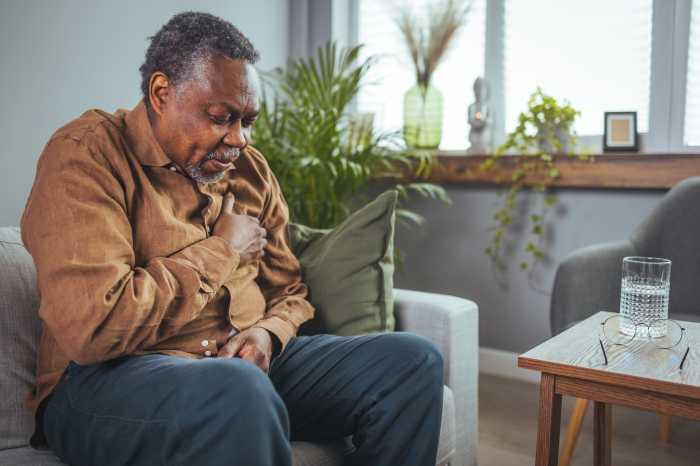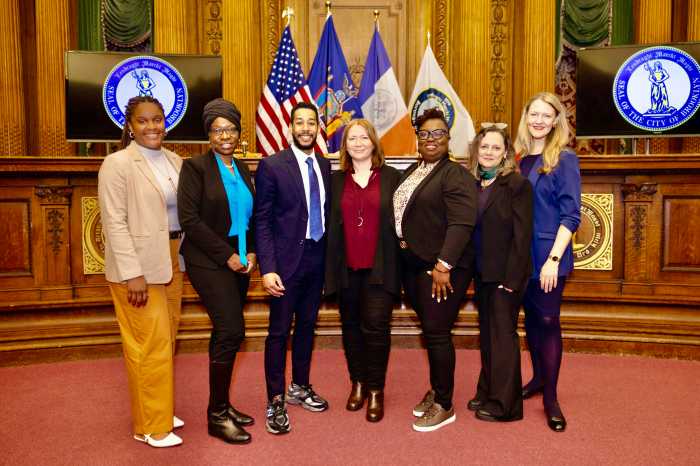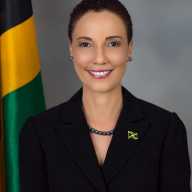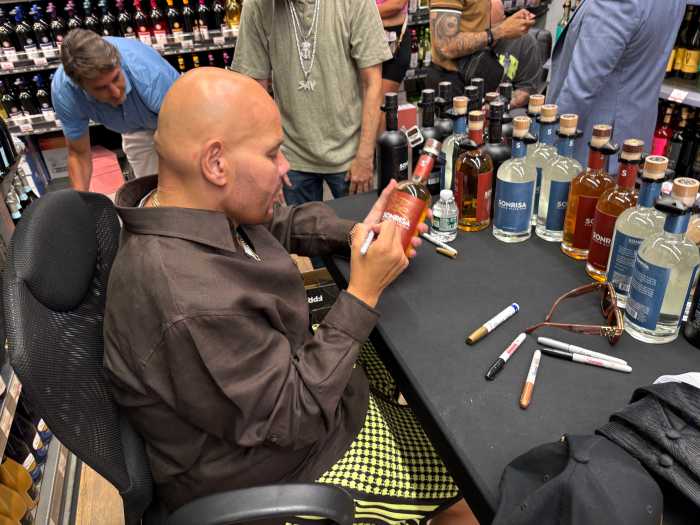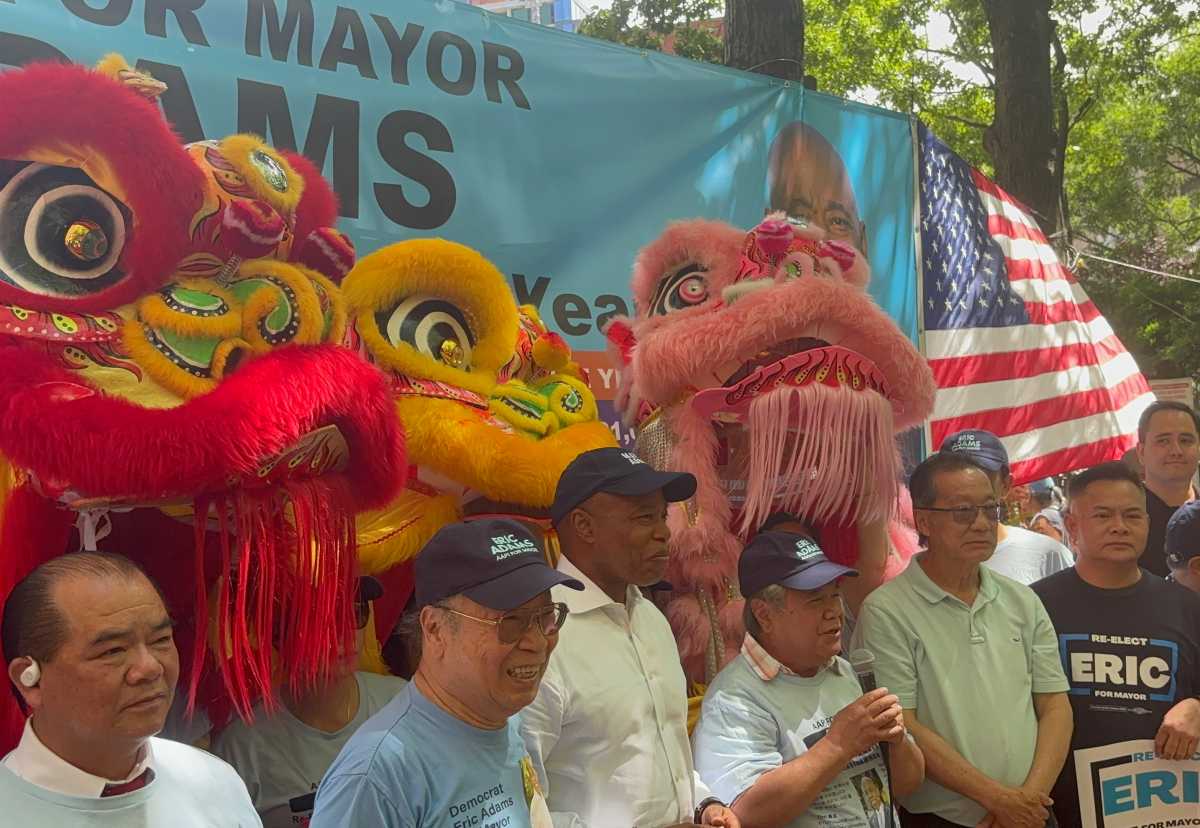In just a few days, thousands of delegates, heads of state, nongovernment activists and media will descend upon Rio de Janeiro to hash out our planet’s environmental future at the United Nation’s Rio+20 Earth Summit. They will talk about the health of the planet’s environmental resources, our air, land, water and biological diversity, and how to manage and pay for it all.
But success at this meeting won’t be achieved merely by protecting our planet’s flora, fauna or climate. Their success – or failure – could hinge on the engagement of a pivotal, but often neglected, group of stakeholders: the world’s women.
Around the world, from Rio to Uganda, the Pacific Cook Islands to Mississippi, US women play an important role as resource managers, and they are often on the front lines of environmental crises such as drought, sea-level rise and severe storms caused by climate change. For example, in Africa climate change has depleted water tables, decreased tree cover and degraded crop yields. This acutely affects women there who are the primary farmers, water and wood fuel providers. It has a ripple effect because the same climate change forces also decrease their abilities as care-givers to provide good quality health, education and economic options for themselves, their families, and their communities.
At the same time, women are glaringly under-represented in environmental debates, negotiations, and decision-making from the community to international levels. At past meetings on the global environment, women led only 10% of delegations, and some 40% of delegations were comprised of men only, a number which has actually risen in recent years. As a result, though disproportionately affected, their specific concerns are often overlooked, and that is a mistake.
Empowering women through education, legal rights, healthcare, and economic opportunities is not only good for women and their families, but critical for the planet. And experts tell us that one of the most inexpensive yet powerful strategies for empowering women is through reproductive healthcare and family planning – yet more than 200 million women worldwide lack access to these services.
So, along with women’s empowerment, meeting the until-now “unmet need for family planning” is essential for achieving sustainable development as part of Rio+20 objectives. As Musimbi Kanyoro of the Global Fund for Women said, “Sustainable development isn’t sustainable if it doesn’t include empowering women to plan their families, educate themselves and their children and have a voice in government at all levels.”
Still, women, who should be an integral part of sustainable-development talks, remain under-represented or absent.
Women organized around the first Rio meeting in 1992, where women’s role in sustainable development was first acknowledged. That conference marked the first time that world leaders and governments considered the essential role of women in resolving global sustainability challenges, and it included gender-sensitive language. Its final outcome document said, “Women have a vital role in environmental management and development. Their full participation is therefore essential to achieve sustainable development.” At that initial meeting, there was a women’s movement that crafted a gender perspective into sustainable development, spearheaded by Bella Abzug, D-N.Y., Nobel Prize-winner Wangari Maathai, Indian environmental feminist Vandana Shiva and the Brazilian social entrepreneur, Thais Corral and many others. These women created a communal meeting space where on each day of the conference, interventions and strategies were shared and analyzed and a collective women’s voice was formed.
Today, another powerful movement of women is mobilizing to bring that role to fruition. They are working to get more gender-specific language included in the Rio+20 agenda, and forming new collaborations of global women to advocate on the issues post-Rio. In an unprecedented move, achieving universal access to voluntary family planning is being linked with achieving environmental sustainability more broadly. [Imagine!] In the context of Rio+20 women and girls are being given fresh opportunities to speak out, in their own voices, about what is needed to maintain a healthy balance between the environment and people like themselves.
Rio+20 opens brand new prospects for us to increase women’s empowerment, generate support for family planning through an environmental lens, and integrate gender into the sustainable-development debate.
Linking women, family planning and sustainable development provides us a so far under-utilized opportunity to use the Rio+20 process to move the issues forward – and actually be transformational. Let’s make sure these women’s views count, not only for those policymakers and governments attending Rio+20, but for all of us.
Markham is founding director of the Center for Environment and Population (CEP).
This article was produced in partnership with the American Forum/ National Women’s Editorial Forum.
Vicky Markham has over 25 years’ experience in the field of population/women/reproductive health and environment/sustainable development science, policy, advocacy and public outreach. She was a member of the World Wildlife Federation delegation to the UN International Conference on Environment and Development (UNCED) in Rio de Janeiro, Brazil in 1992.


